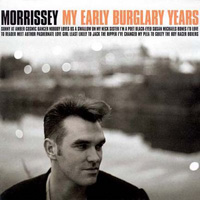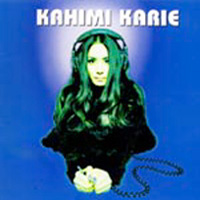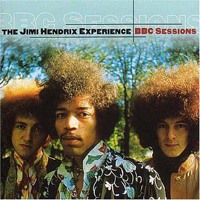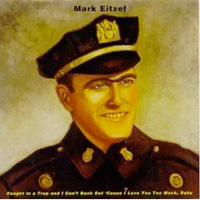 Mark Eitzel
Mark Eitzel
Caught in a Trap and I Can’t Back Out ‘Cause I Love You Too Much Baby (Matador)
by Nik Rainey
It’s a particularly co-dependent kind of relationship that exists between Mark Eitzel and his fans and critics (the latter two groups being basically identical, of course). Look at the collected literature on the man, from his days as American Music Club frontguy to his solo present – are there any reviews or profiles that don’t qualify their enthusiasm in some way? Claiming that his besotted songs of barstool existentialism are (strangely/surprisingly/miserably) great in spite of (their generic, middle-of-the-road trappings/his plain, flat voice/his plain, flat face) or (don’t hit as deeply as he’s capable of/are a step down from his previous work/are a step away from what his future work will surely be), but even so, he’s still the greatest singer/songwriter (currently/allegedly/ for the time being) alive (albeit an acquired taste/even though none of you MTV-saturated prats could ever hope to understand him)?
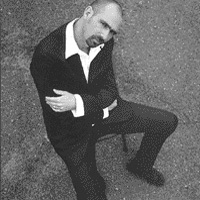 To love Mark Eitzel is to be an enabler, to take all sorts of abuse and weather 57 varieties of disappointment and embarrassment but still weep tears of joy out of your perpetually-blackened eye every time he comes around. Don’t think Mark doesn’t know it, either – one glance at the Elvis (mis-)quote that makes up the title of his new album (actually recorded before his most recent major-label offering, West, but held in check until now) tells the whole story. Like it or not, you’re a captive audience in every respect once you enter his shadowy, booze-puddled world, and you may as well try to get comfortable ’cause you’re gonna be there a while. Caught In A Trap… is another set of bitter morsels from his bottomless shotglass of pity, loathing, and regret, only better: instead of the obnoxious slickness of his recent albums, it’s basically him, a few bone-simple runs on his long-suffering acoustic guitar, and a lifetime of sadness reconfigured as lyrics, twisting every lovelorn cliché in the fakebook into gnarled shards of poetry so swiftly rendered that you don’t realize how deep they’ve cut until afterwards, when they hang in the air like exhausted spectres. Even the other musicians on the album (including Kid Congo Powers and Steve Shelley) are stealthy, gradually insinuating themselves into the mix about halfway on then beating a quiet retreat well before the end, leaving just you, Mark, and a few more melodies so perfect they play like standards. Then it all drifts away, you feel seduced and abandoned, and you swear to yourself that you’ll never fall for his tender trappings again. Then you get up and hit “play” again. Sorry, love. There’s no twelve-step program in the world that could wean you from this.
To love Mark Eitzel is to be an enabler, to take all sorts of abuse and weather 57 varieties of disappointment and embarrassment but still weep tears of joy out of your perpetually-blackened eye every time he comes around. Don’t think Mark doesn’t know it, either – one glance at the Elvis (mis-)quote that makes up the title of his new album (actually recorded before his most recent major-label offering, West, but held in check until now) tells the whole story. Like it or not, you’re a captive audience in every respect once you enter his shadowy, booze-puddled world, and you may as well try to get comfortable ’cause you’re gonna be there a while. Caught In A Trap… is another set of bitter morsels from his bottomless shotglass of pity, loathing, and regret, only better: instead of the obnoxious slickness of his recent albums, it’s basically him, a few bone-simple runs on his long-suffering acoustic guitar, and a lifetime of sadness reconfigured as lyrics, twisting every lovelorn cliché in the fakebook into gnarled shards of poetry so swiftly rendered that you don’t realize how deep they’ve cut until afterwards, when they hang in the air like exhausted spectres. Even the other musicians on the album (including Kid Congo Powers and Steve Shelley) are stealthy, gradually insinuating themselves into the mix about halfway on then beating a quiet retreat well before the end, leaving just you, Mark, and a few more melodies so perfect they play like standards. Then it all drifts away, you feel seduced and abandoned, and you swear to yourself that you’ll never fall for his tender trappings again. Then you get up and hit “play” again. Sorry, love. There’s no twelve-step program in the world that could wean you from this.

